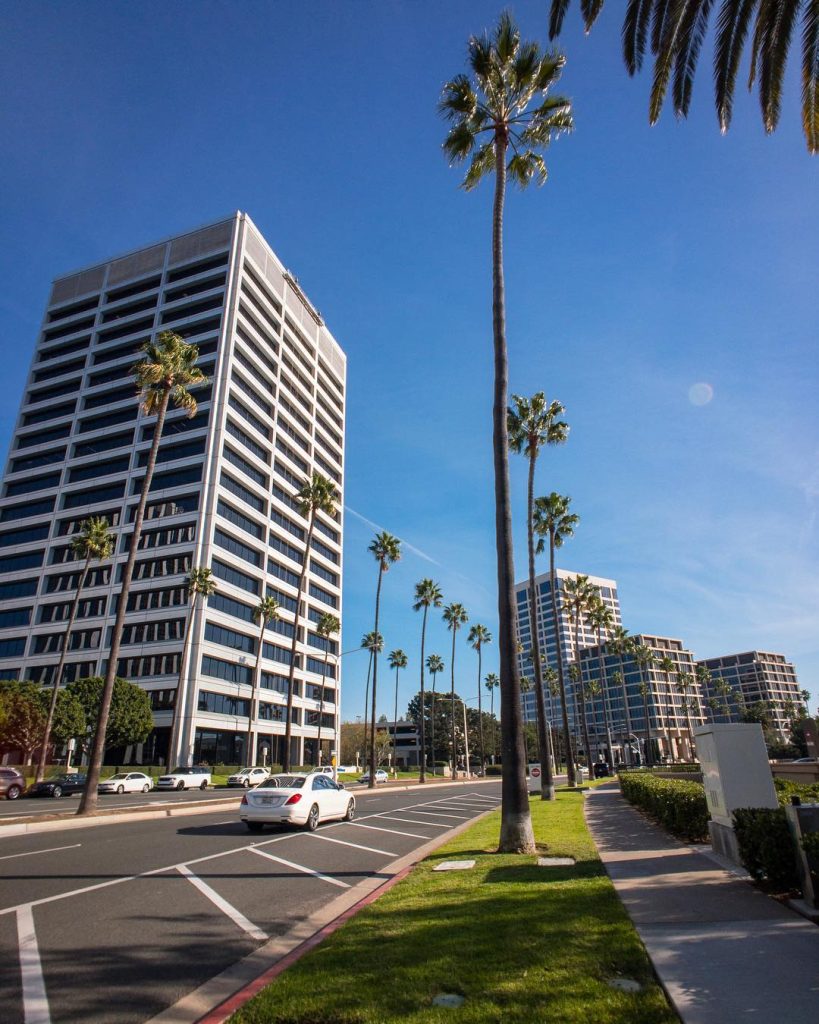When you’re injured at work, you rely on workers’ compensation benefits to cover medical expenses, lost wages, and other essential costs. But what happens if your workers’ comp claim is underpaid? Unfortunately, this is a common issue in California, and many injured workers struggle to get the full compensation they deserve. If you believe your workers’ comp benefits have been unfairly reduced, here’s what you need to know—and how Laguna Law Firm can help you fight for the benefits you’re entitled to.
Understanding Why Workers’ Compensation Claims Get Underpaid
Insurance companies and employers often try to minimize the amount they pay out in workers’ compensation claims. Some of the most common reasons why your workers’ comp claim might be underpaid include:
- Incorrect wage calculations – Your benefits should be based on your average weekly earnings before the injury. Mistakes in calculations can result in a lower payout.
- Disputes over medical treatment – The insurance company may refuse to pay for necessary medical procedures, treatments, or medications.
- Denial of certain benefits – You may not receive payments for temporary or permanent disability that you are entitled to under California workers’ compensation laws.
- Premature termination of benefits – Your payments might stop before you have fully recovered or returned to work.
Steps to Take If Your Workers’ Compensation Claim is Underpaid
If you suspect that your benefits are lower than what you deserve, take the following steps to protect your rights:
1. Review Your Benefit Calculation
Check the benefit amount you are receiving against what you should be entitled to under California law. Workers’ compensation benefits typically cover:
- Medical expenses
- Temporary disability payments (two-thirds of your average weekly wage)
- Permanent disability benefits if applicable
- Supplemental job displacement benefits (if you cannot return to your previous job)
2. Request an Explanation from the Insurance Carrier
If you notice discrepancies in your payments, contact the insurance company and ask for an explanation. Sometimes, errors can be corrected quickly without legal intervention.
3. Gather Supporting Documents
To build a strong case, collect all necessary documents, including:
- Pay stubs (to verify correct wage calculations)
- Medical records (to support the necessity of treatments)
- Doctor’s reports (to confirm your injury and required recovery time)
- Correspondence with the insurance company
4. File a Formal Complaint with the California Workers’ Compensation Appeals Board (WCAB)
If the insurance company refuses to correct the underpayment, you have the right to file a formal complaint with the WCAB. This process allows you to challenge the insurer’s decision and seek a hearing before a workers’ compensation judge.
5. Seek Legal Representation
Insurance companies have teams of lawyers working to minimize your payout. You don’t have to fight this battle alone. Hiring an experienced California workers’ compensation attorney can make a significant difference in your case. Laguna Law Firm has a proven track record of helping injured workers recover the full benefits they deserve.
How Laguna Law Firm Can Help
At Laguna Law Firm, we understand the tactics insurance companies use to underpay workers’ compensation claims. Our team of dedicated attorneys will:
- Conduct a thorough review of your case to identify discrepancies
- Negotiate aggressively with the insurance company on your behalf
- File necessary appeals and represent you in front of the Workers’ Compensation Appeals Board
- Ensure you receive proper medical treatment and wage replacement benefits
With years of experience handling workers’ comp cases across California, we are committed to fighting for injured workers’ rights.
Don’t Let the Insurance Company Underpay You – Take Action Today!
If your workers’ comp claim has been underpaid or unfairly reduced, you don’t have to accept it. Laguna Law Firm is here to help you navigate the legal process and fight for the compensation you deserve.
Contact Us Now for a Free Consultation!


Don’t wait—your rights and benefits are too important. Get the experienced legal representation you need to secure your future.


